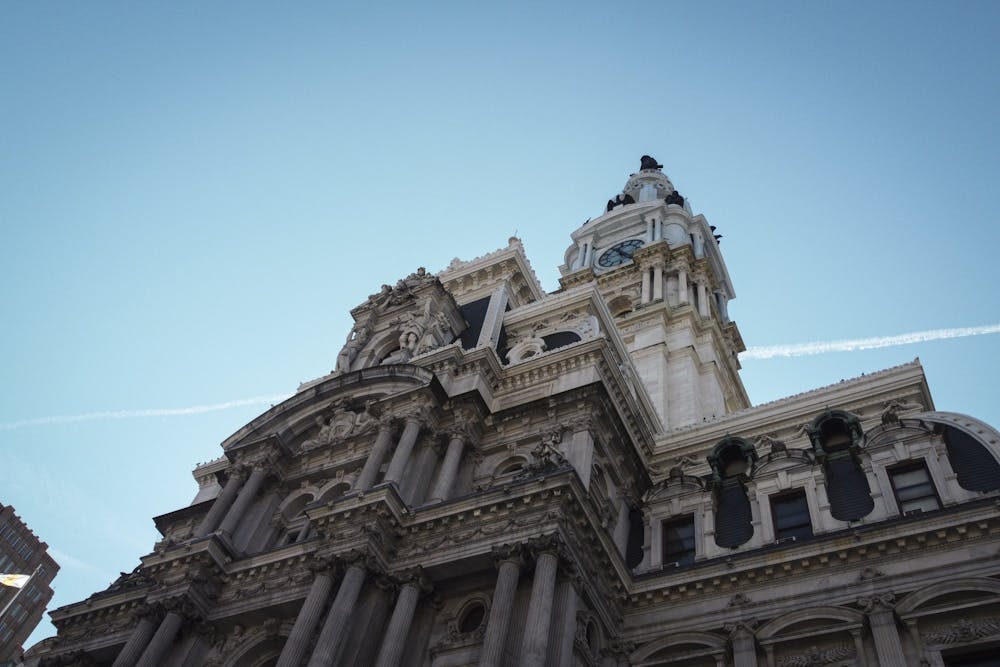
Philadelphia City Council voted to implement a permanent 10 p.m. curfew for any person under the age of 18.
The vote took place this past Thursday. Over the summer, the rule was enforced in the city, but it originally expired at the end of September. The rule was framed as a way to keep children safe during the gun violence crisis, according to The Philadelphia Inquirer.
“There are too many young people who have been involved in crime or criminal incidents simply because they have been out late at night,” Councilmember Katherine Gilmore Richardson, who initially proposed the legislation, told CBS News.
The rule requires teens from 14-17 years old to be home from 10 p.m. to 2 a.m. — instead of beginning at midnight — and for those 13 or younger to be home from 9:30 p.m. to 6 a.m.
The legislation received nearly unanimous approval from Councilmembers and now moves to Mayor Jim Kenney for final approval before becoming law.
Richardson said that this measure is meant to be more preventive than punitive, according to CBS News. In the past, kids out past curfew could be fined hundreds of dollars.
“When a kid gets picked up for violating curfew,” Richardson told CBS News, “the first step is to try to reunify them with their family. If that’s unable to happen, then we’ll take them to a community resource evening center if they are close. If not, they go to the police district.”
Richardson also explained that there are certain exceptions — for teens out working after 10 p.m., those accompanied by their parents, or anyone that does not have a permanent address.
While Philadelphia has had a youth curfew in place for decades, experts who study curfews have said that they have little impact on crime or victimization rates, according to the Inquirer.
“They feel good for officials to do, but they have no effect on crime, and possibly even a negative effect,” Mike Males, a senior researcher at the Center on Juvenile and Criminal Justice in San Francisco, told the Inquirer.
Males explained that it could be difficult for officials to determine children’s ages, so curfews could create more opportunities for negative interactions between the police and young people.
In addition, a 2016 study from the Campbell Collective reviewed 12 studies on juvenile curfews and said the efforts were “unlikely to be a meaningful solution” to juvenile crime, and it found that crime during curfew hours increased slightly while teen victimization remained the same.
David B. Wilson, who headed the Campbell Collective study and is a professor in the Criminology, Law and Society Department at George Mason University, said that most juvenile crime and victimization occurs outside of curfew hours.
“People think about it as, well, what’s the harm if it helps a little bit?” Wilson told the Inquirer. “But it’s actually a zero-sum game. If police are enforcing curfews, they’re not doing something else, and you have to think about if that something else is more beneficial.”
Mayor Kenney echoed Wilson’s concerns when asked about the curfew bill, according to the Inquirer.
“I’m not opposed to it in theory,” he said. “But I have to really make sure that we can do the operation without making us less safe.”
Whether or not curfews actually reduce juvenile crime, Richardson said that every life counts, and the effort is worth it.
“I’m willing to try every tool in our toolbox,” she told the Inquirer.
The Daily Pennsylvanian is an independent, student-run newspaper. Please consider making a donation to support the coverage that shapes the University. Your generosity ensures a future of strong journalism at Penn.
Donate







